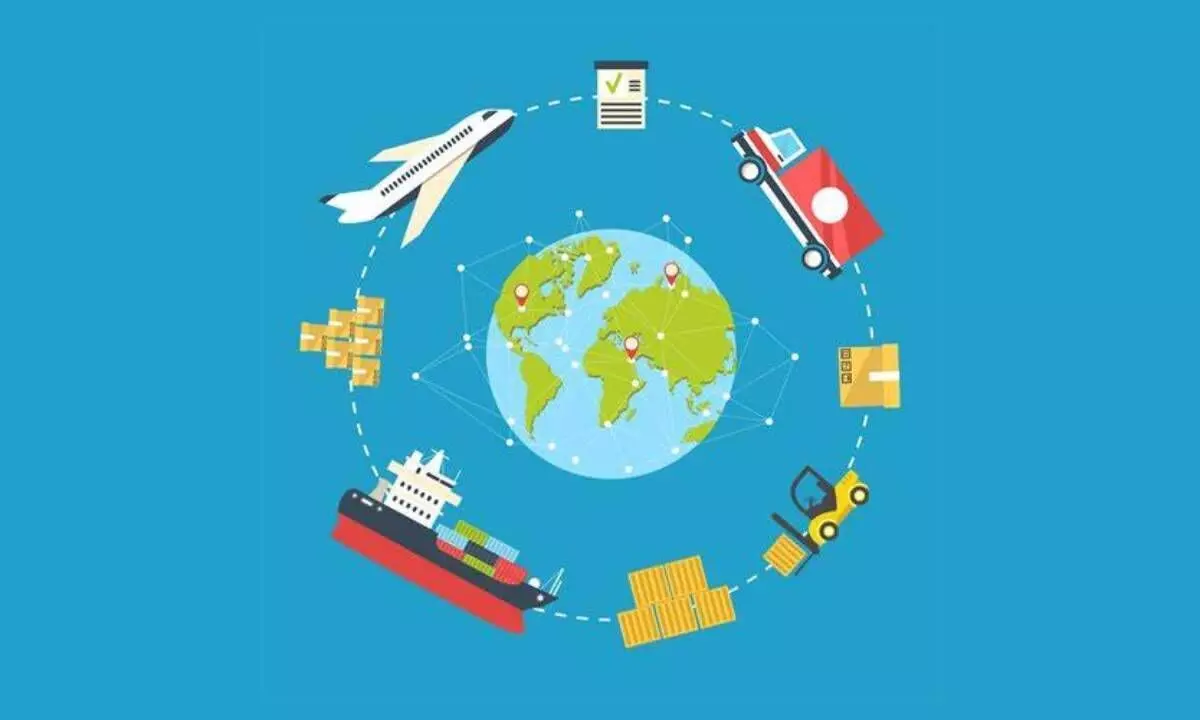Global supply chain challenges may take a year to get on track
The effect of the pandemic has hit global business in a manner that they have had to figure new ways to not just bounce back in some form but stay relevant as well. A key component of this piece is the supply chain, something that is the lifeline of any organisation. Paul F. Gruenwald, S&P Global Ratings’ Chief Economist, in a media interaction held in Mumbai, said “the supply chain has passed the efficiency test but failed on resilience.”
image for illustrative purpose

The effect of the pandemic has hit global business in a manner that they have had to figure new ways to not just bounce back in some form but stay relevant as well. A key component of this piece is the supply chain, something that is the lifeline of any organisation. Paul F. Gruenwald, S&P Global Ratings' Chief Economist, in a media interaction held in Mumbai, said "the supply chain has passed the efficiency test but failed on resilience."
According to him, there is a clear need for the supply chain to be reconfigured and it will be. "This is a slow-moving variable," he said. The challenges when it comes to supply chains have hit organisations hard, with the recovery process being arduous. Responding to a query on how the scenario will play out, Gruenwald said it will take another 6-12 months before things are in control. "It will spill over into 2023 before we see it looking better. There is a huge backlog, which needs to be cleared and traffic at ports have been on the rise." Any uncertainty surrounding the supply chain globally has been hardest on energy and food, with both seeing high very levels of inflation.
Gruenwald outlined three areas, which are critical in the context of the current scenario globally. "Slowing growth, is inflation under control and what the future holds out in terms of structured inflation are what stand out," he said. The global slowdown, to him, needs to be understood form the perspective of how the big three are going through. "US, Eurozone and China are slowing for different reasons. The US is an overheating economy, with high output levels or just that the economy is running above potential," he explained, while adding that the unemployment rate at 3.7 per cent is "too low to be sustainable." On Europe, he made it clear that geopolitics and energy supplies were big risks and it would be at least a couple of years before its dependence on Russian energy drops. "China is really about a self-induced slowdown on the back of the zero-Covid policy."

